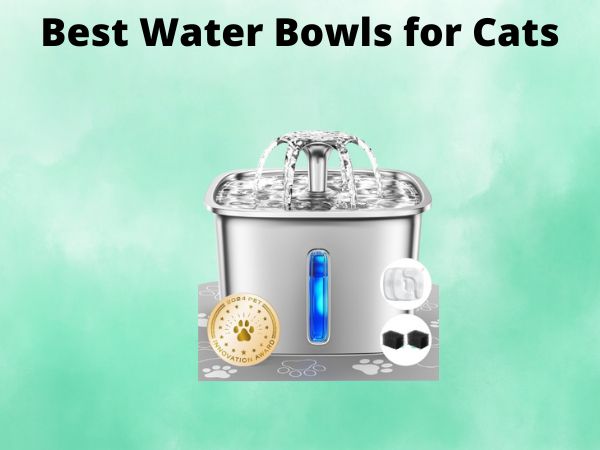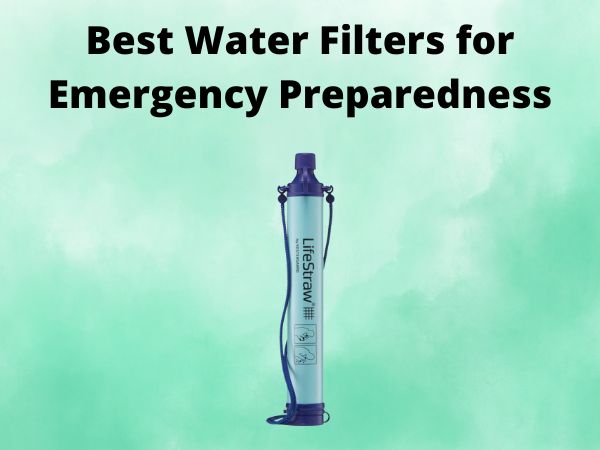How to Fix Low Hot Water Pressure [In Your House]
Have you ever stood under your shower expecting a rejuvenating experience only to be met with a disappointing trickle? Low hot water pressure is not only a shower spoiler, but it can also affect various household activities. So, what causes this issue, and more importantly, how can you fix it? Let’s dive deep and discover the solutions you need.
Table of Contents
Understanding the Problem
First things first, let’s figure out what’s going on. Understanding why you have low hot water pressure is like diagnosing a car problem – you need to identify the root cause before you can fix it. Is it a household-wide issue or isolated to a single fixture?
Is it Just Hot Water?
Before diving into solutions, make sure to determine if only the hot water pressure is low or if cold water is affected too. If only hot water is the issue, then its origin lies within the heating system or the hot water lines.
Common Causes of Low Hot Water Pressure
Mineral Buildup in Pipes
Hard water can be a sly adversary, slowly depositing minerals in your pipes and restricting water flow like cholesterol in arteries.
Faulty Pressure Regulator
Your home’s pressure regulator might not be doing its job if it’s old or damaged. This little device is like a conductor of an orchestra, ensuring all water enters your home in harmony. When it malfunctions, chaos may ensue.
Clogged Fixtures
A clogged showerhead or faucet with sediment can also be the culprit. It’s like a blocked nose – frustrating and hindering flow.
Water Heater Issues
Sometimes the heart of the system, the water heater, could be in trouble. Issues could range from a simple valve block to more serious heating element failures.
Inspecting Your Hardware
Checking Your Water Heater
Begin by inspecting your water heater. Is it leaking or making strange noises? Anything unusual could be a clue.
Temperature and Pressure Relief Valve
This safety feature can sometimes malfunction. Check if it’s releasing water; if it is, you may need a replacement.
Pipes and Valves Examination
Ensure that all valves are fully open. Check visible pipes for any leaks or damage. A small crack can lead to low pressure just as a small hole deflates a beach ball.
DIY Fixes for Low Hot Water Pressure
Cleaning Fixtures
Remove and clean aerators or showerheads from mineral deposits by soaking them in vinegar overnight.
Flushing Water Heater
Draining and flushing your water heater annually can reduce sediment buildup. It’s like detoxing your system for better performance.
Valve Adjustments
Ensure all valves are appropriately positioned. Open any partially closed valves fully. This small adjustment can make a world of difference.
When to Call a Professional
When DIY attempts fail, it might be time to wave the white flag and call in the pros. They have the tools and expertise to tackle more complicated issues, such as significant water line repairs or water heater replacements that require skillful hands.
Preventive Maintenance Tips
As the saying goes, “An ounce of prevention is worth a pound of cure.” Regular maintenance can avert headaches and ensure robust hot water pressure.
Regular Inspections
Regularly inspect your water systems for any signs of wear, leaks, or corrosion.
Annual Water Heater Maintenance
Schedule annual professional inspections for your water heater to keep it in peak condition. Early detection of issues can save costs down the line.
Conclusion
Low hot water pressure doesn’t have to dampen your day. By following these steps – from identifying the issue to performing DIY fixes and knowing when to seek professional help – you can ensure your hot water flows freely. After all, everyone deserves a comforting hot shower or a steaming cup of tea at full blast.
FAQs
Why is my hot water pressure low but cold water pressure is normal?
This usually indicates a problem with the water heater or the pipes specific to the hot water, possibly due to sediment buildup or a malfunctioning component within the heater.
Can a new faucet help improve hot water pressure?
Yes, if the old faucet is clogged or defective, a new one could improve water pressure. However, ensure it has a sufficient flow rate for your needs.
How often should I flush my water heater?
It’s advisable to flush your water heater annually to remove sediment and maintain optimal performance.
Could low hot water pressure damage my appliances?
While low pressure itself might not directly damage appliances, it can affect their efficiency and be a sign of underlying issues that could lead to damage.
What should I do if I suspect my pressure regulator is failing?
If you’re experiencing inconsistent water pressure throughout your home, the pressure regulator may be the cause and should be inspected or replaced by a professional plumber.




